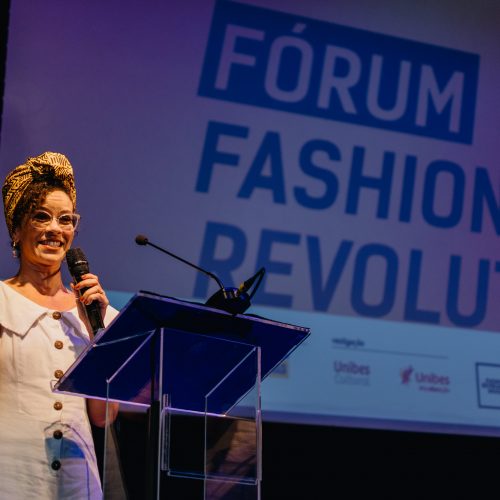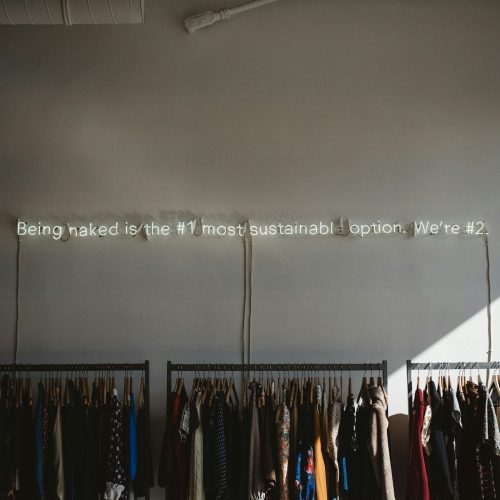Plastic Alert: Fashion Experts and British Politicians Demand Labels that Warn About Presence of Plastic in Clothing
British population, fashion experts and politicians come together fighting for more transparency in clothing labels. They want to be aware of how much plastic is in each garment and ask for it to be clear on the labels.
To receive the Luxiders newsletter, sign up here.
The Yonder Poll has revealed that eight out of ten Britons (81%) want the government to make it compulsory for clothing brands to announce the amount of plastic in each garment. The U.K. based survey was conducted by Yonder, a British consulting firm, and commissioned by the nonprofit organization A Plastic Planet. The goal was to find out the level of consumer awareness regarding the plastic waste crisis and its direct link to the fashion industry. Taken by 2,091 U.K. adults, the poll shined a light on the lack of consciousness on the plastic used to make clothing (72%).
“For years the fashion industry’s impact on plastic pollution has gone under the radar. But now the truth is known about the huge volumes of fossil fuels being used to make our clothing and the plastic microfibers that are being shed into our air as we wear them and flushed down our drains with every wash.” – Plastic Planet co – founder Sian Sutherland.
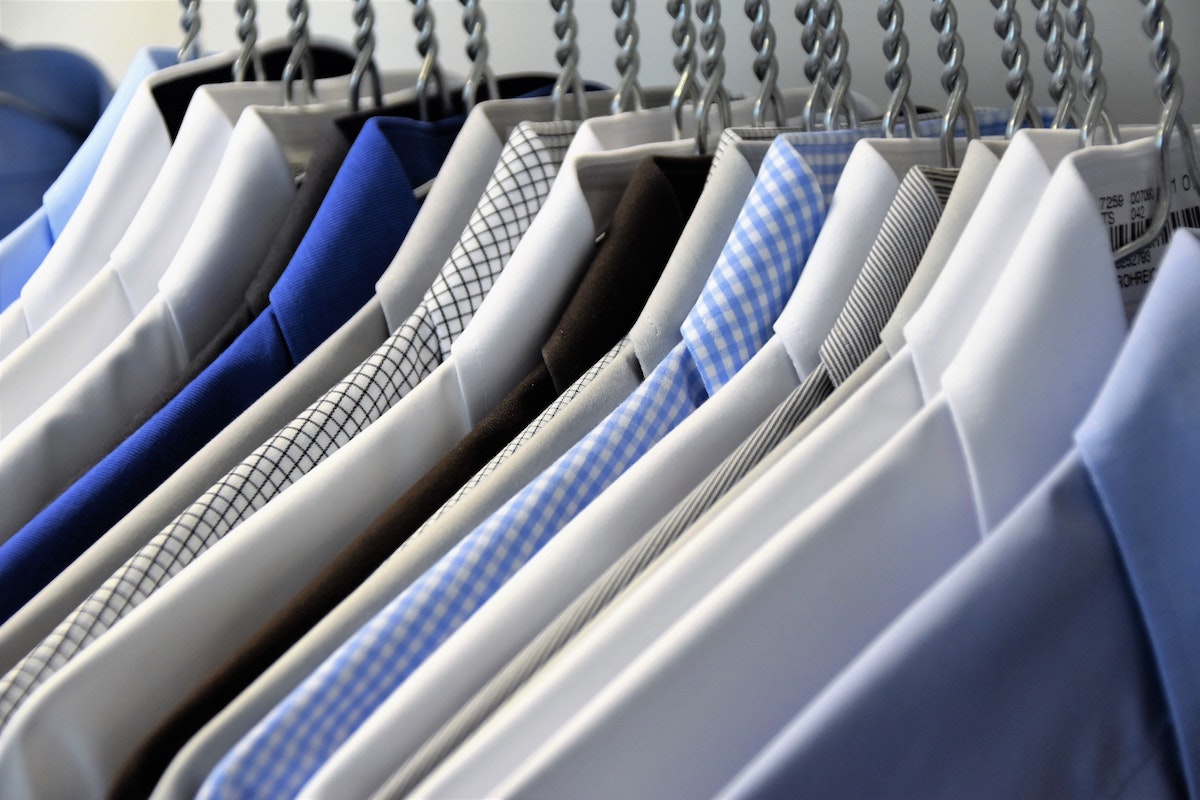
Coinciding with it, fashion experts and British politicians wrote a letter on the matter. Orsola de Castro, co – founder of Fashion Revolution, Nina Marenzi, founder of Future Fabrics Expo, Sara Arnold, co – founder of Fashion Act Now are among those calling on the government to demand fashion brands to label the amount of plastic used to make each garment. Joined by Green Party MP Caroline Lucas, Labour’s John McDonnell and Conservative MP Lord Swinfen, who also signed the petition.
The paper was a consequence of the results that the Yonder Poll showed, which found that 60% of sustainability claims made by fashion brands are considered “greenwashing”. It is all part of the Plastic Free Fashion Campaign launched by A Plastic Planet, a movement that aims to curb the industry’s contribution to plastic pollution. The organisation’s new open-source, plastic – free material centre gathers textile and sustainability innovators as well as fashion industry agents in order to accelerate the creation of new solutions.
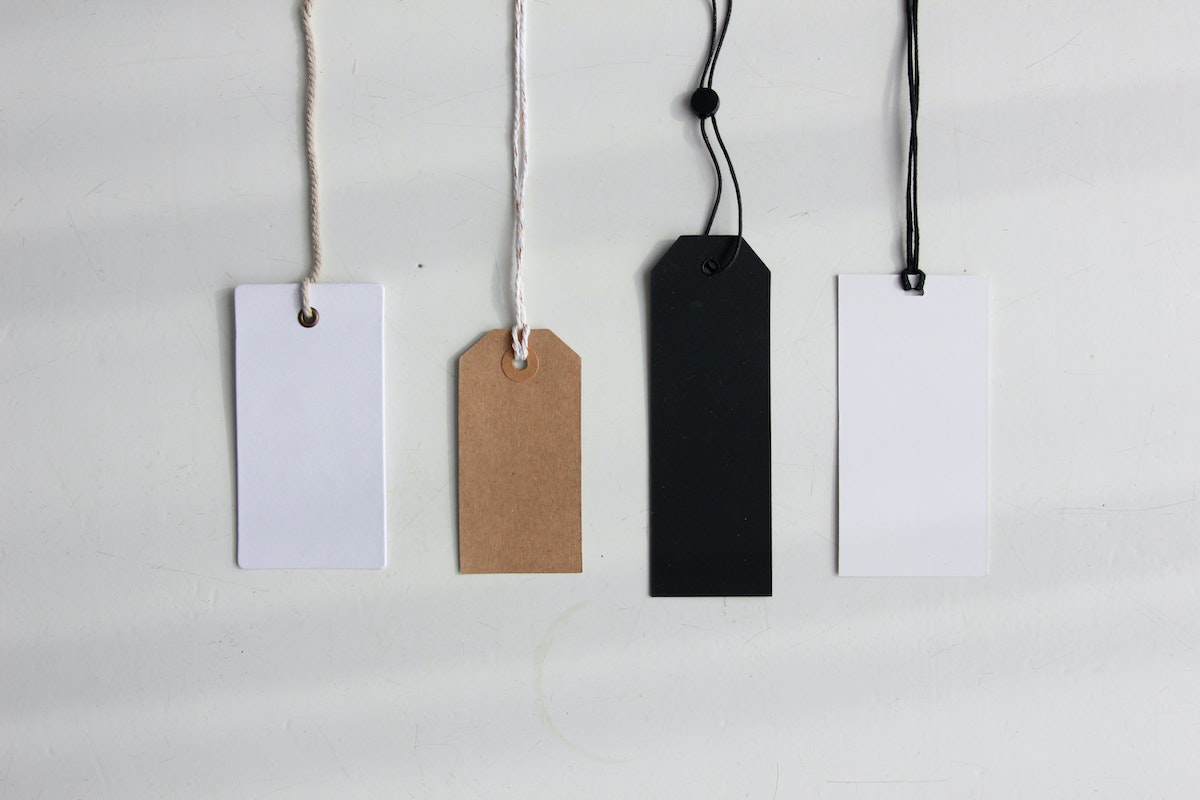
Washing clothes, a routine and basic activity, releases plastic fibres into the environment. It is estimated that more than a third of all microplastics released into the ocean come from synthetic fibres, the equivalent of three billion polyester shirts. Retail consultant and broadcaster Mary Portas stated that we’re becoming increasingly aware of the textile industry’s impact on the plastic crisis. Unbeknown to people, the essential act of washing clothing is resulting in millions of plastic microfibres polluting nature.
With a number of studies pointing to the pointing to the potential risks associated with plastic microfibres, experts want to ensure that consumers are aware of when they’re wearing a plastic garment. Thus, activists and believe that a clear labelling system will help customers make informed decisions when considering the environmental impact of the clothe they buy. Portas continued saying: “Consumers, who are more environmentally conscious than ever before, want to do the right thing and it’s only right they’re given the option when buying products to see what impact they will have.”
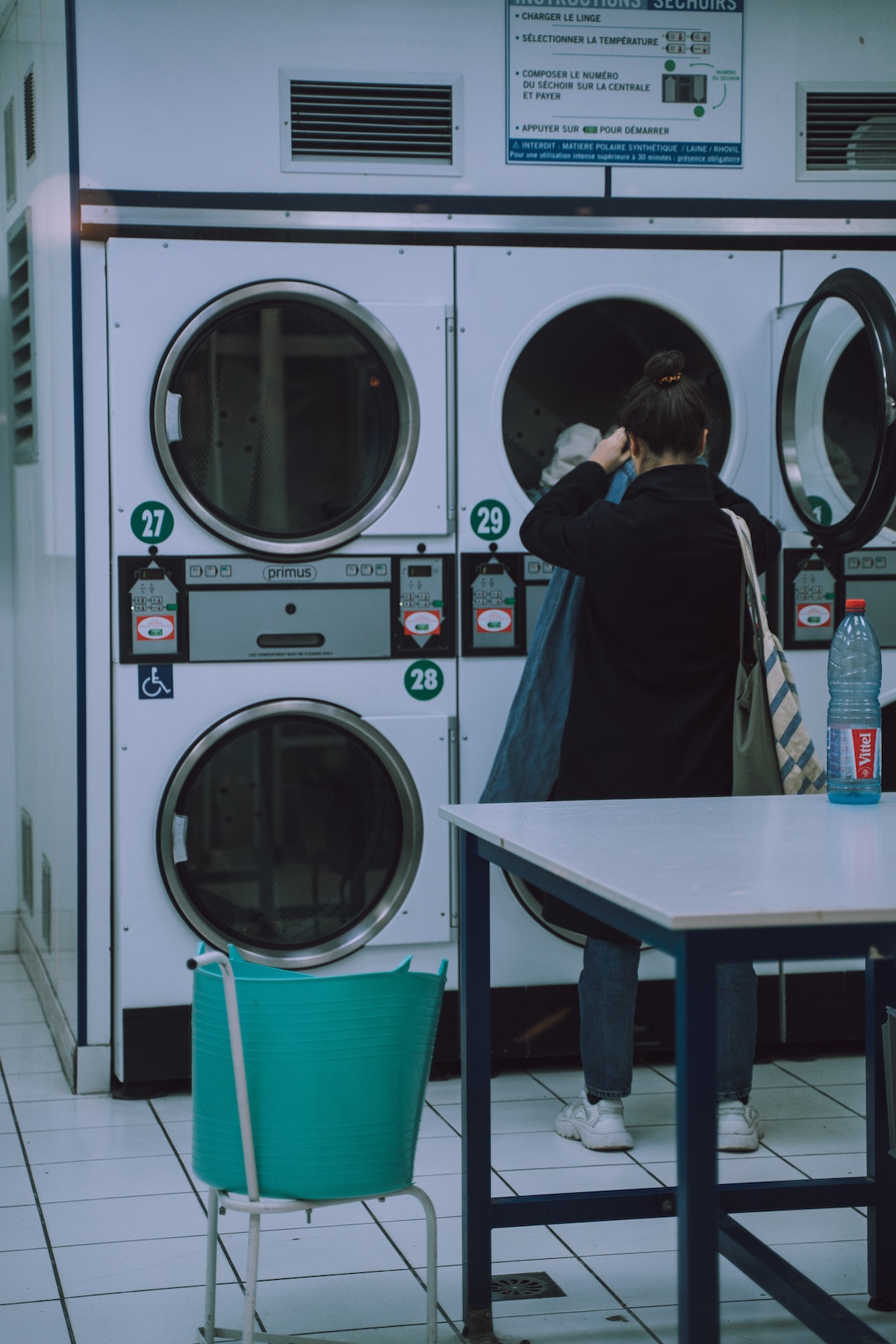
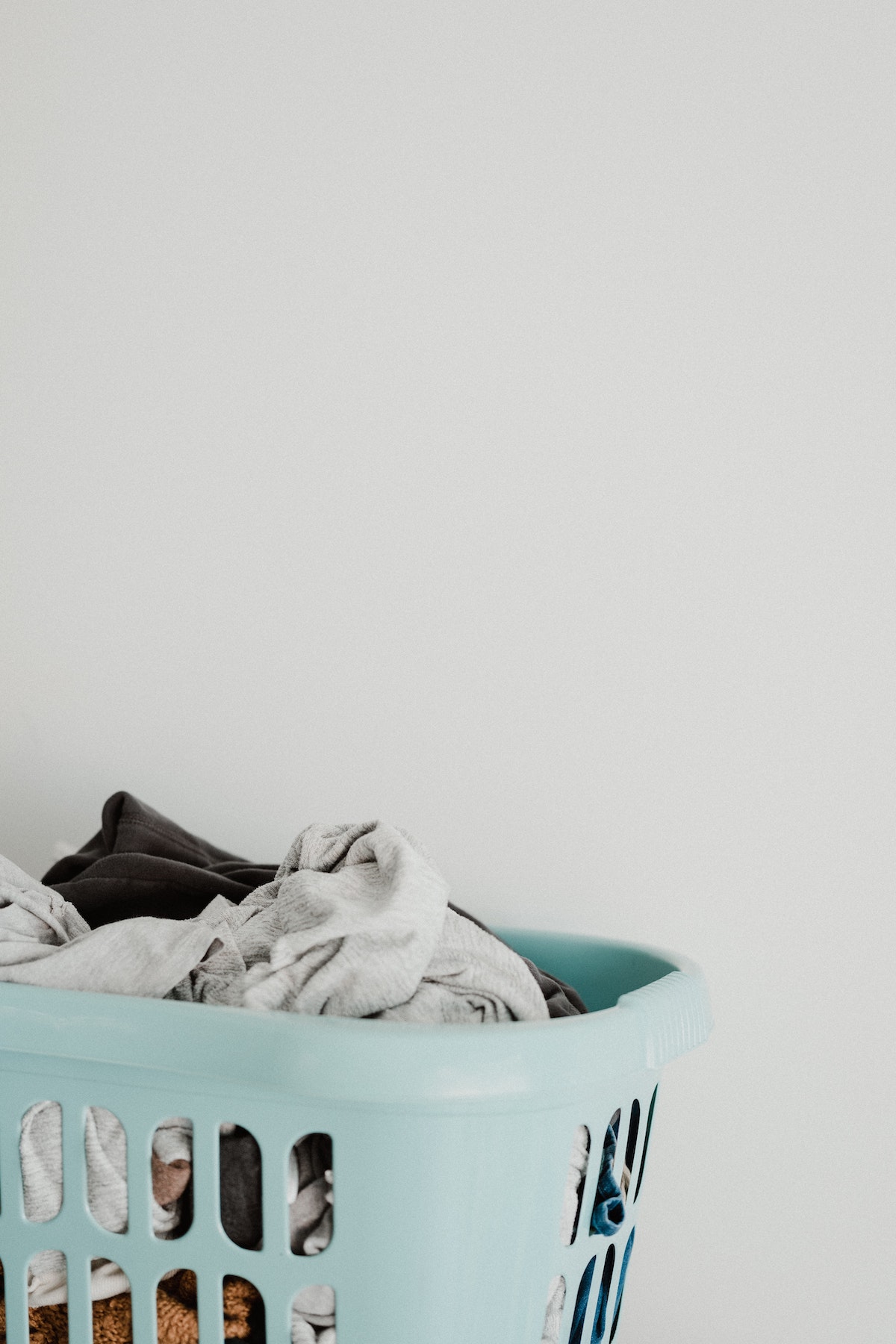
As the letter reads: “The public deserved to know the truth about plastic’s proliferation in the fashion industry. (…) In Europe labelling systems are being rolled out that shoe where hidden plastics is present in some single – use items. If the Government is serious about tackling the plastic crisis, it must take this a step further and apply it to textiles.”

+ Words: Ane Briones, Luxiders Magazine
Journalism graduate | Basque Country based writer
IG: @anebriones

